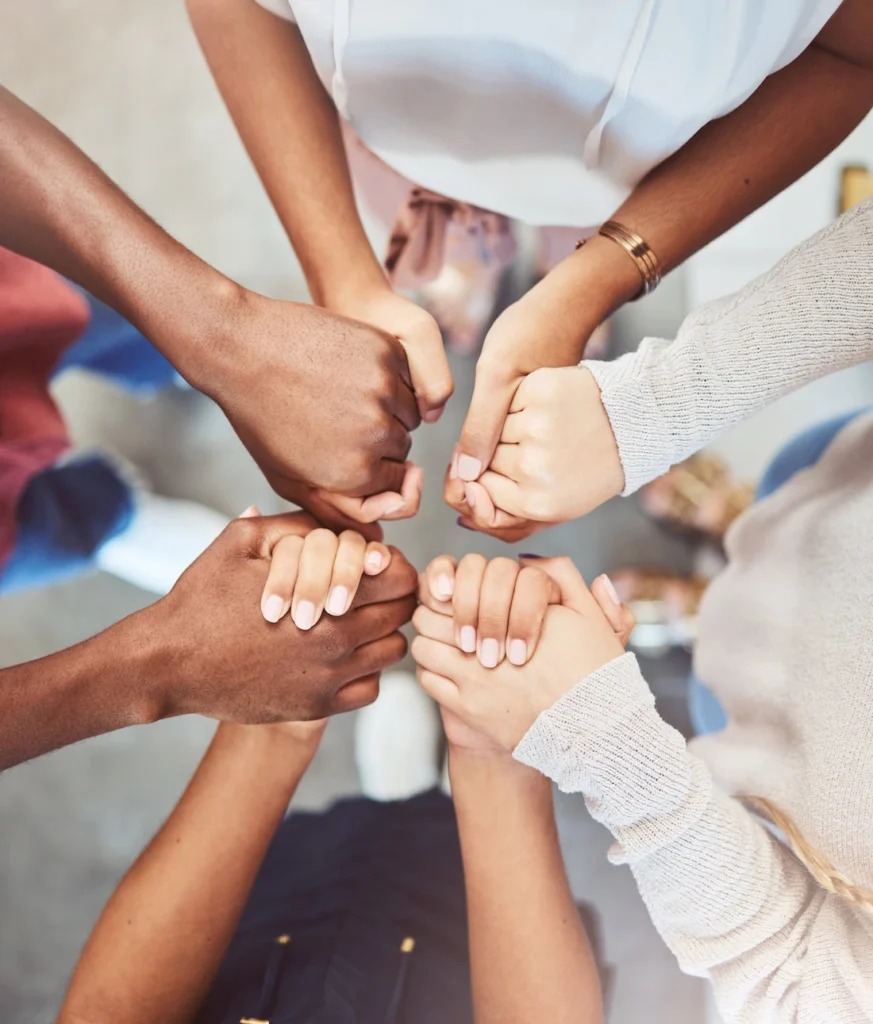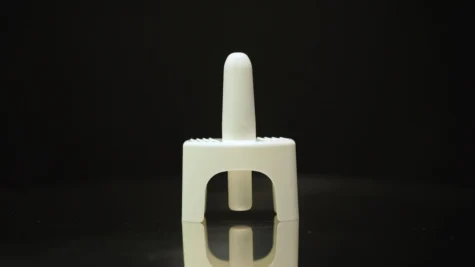SAMHSA (Substance Abuse and Mental Health Services Administration) published its Working Definition of Recovery in 2012. It includes 10 Guiding Principles, one of which is peer support. The guide highlights several of the benefits of peer support, especially the role of helping others in recovery, when it says, “Through helping others and giving back to the community, one helps one’s self.” Peer support plays a vital role in long-term sobriety. This article will highlight a few benefits and ways to help others in recovery, no matter where you are in your journey.
Three Benefits of Helping Others in Recovery
There are several benefits to helping others in recovery, but here are three.
- Helping others creates a sense of belonging. People new to recovery don’t always feel like they fit in with new groups or social circles. Recovery is a time of new beginnings, and volunteering or helping others is a great way to feel more connected quickly. It usually involves face-to-face interactions and can be a good way to meet new people in a supportive environment.
- Helping others feels good. You don’t need to read a formal study to know that helping others feels good, but it has proven to boost mental and physical health. “Giving back has been shown to boost happiness, reduce stress, enhance self-esteem, and strengthen social connections. Engaging in acts of generosity activates the brain’s reward system, fostering positive emotions and a sense of purpose,” said Megan Hays, Ph.D., a clinical psychologist at the University of Alabama at Birmingham. One study even suggests the “mental health benefits of helping others more than double when the helper helps another with the same chronic disease.”
- Helping creates a sense of accountability. Joining a peer group has a significant influence on recovery. It can be a source of encouragement and inspiration and provides accountability. Many people in recovery draw on their support group experiences and support even when they are not currently in a meeting.
Helping others in recovery is essential to them and us. It can provide personal growth, increase self-esteem, and reinforce our commitment to our recovery.

Five Ways to Help Others in Recovery
Are you interested in helping people in recovery but not sure where to start? Here are five ways to vary your time and commitment levels.
- Give someone a ride. Sometimes, transportation can be a barrier in treatment and recovery as there is no shortage of meetings, therapy sessions, or appointments to attend. Offering a ride could make a huge difference in helping someone achieve lasting recovery.
- Share your story, or at least write it. Not everyone is comfortable speaking publicly or sharing their story in writing. If you are, there is a good chance others will find inspiration in it. And if you’d rather not share your story with others, that is okay, too. You could still consider writing it for yourself–sometimes, writing is more about who we become and processing our past than the final product.
- Help with job readiness. Do you have experience working in a professional environment? Offer to read and edit a resume, role-play interviews with a peer, or make a connection if you are in a position to do so.
- Take on stigma. Fighting stigma starts with education, and we should never stop learning. No matter your frame of reference, educate yourself and others around you about addiction and recovery. Be cognizant of the words you use or hear being used, and focus on the positives whenever you can. Addiction and recovery may be a part of someone’s story, but it is not the only part.
- Cook a meal. A warm, homemade meal eases stress for most people at the end of a long day. For people new to recovery, a homemade meal, or at least one they didn’t have to cook, is a nice way to help them adjust to life after treatment. They would probably enjoy the company, too.
Southern Sky Recovery Believes in the Power of Helping Others in Recovery
One of the most powerful tools in lasting recovery is service to others. Helping others on their recovery journey creates community and strengthens our own personal growth and resilience. Small acts of service can lead to lasting change, whether offering encouragement, sharing your story, or simply showing up for someone else. Recovery is not meant to be walked alone. If you’re ready to explore treatment for your healing, we’re here to help. Contact us today to learn more.
FAQs About Helping Others in Recovery
Does helping others in recovery reduce the risk of relapse?
Yes. Helping others in recovery has been shown to reduce the risk of relapse for both parties, and that may be for a few reasons. It creates a social connection, reinforces positive behaviors, and can remind you of your progress on your journey. The positive feelings that come from helping others in recovery can erase any feelings of loneliness or hopelessness that might creep up, especially important because those happen to be two of the biggest triggers for relapse. Helping others heal is a two-way street; as you give, you are also likely to receive.
I’m worried about overextending myself. What are some tips to make sure I don’t?
That is certainly a viable concern, and it’s important to make sure you are not placing helping others above your self-care or well-being. It is okay to set boundaries with volunteering, which is always something good to practice. If you decide to start helping others in recovery, start small, with something like providing a ride once or twice a month or volunteering for one hour a month. Helping should energize you, and if you find yourself getting home feeling a little overtired, that could be a sign to ease back so you can avoid burning yourself out. Remember that it is okay to say no, and that finding a good balance is the best way to enjoy helping others in recovery.
What if I feel like I don’t have anything to offer?
Well, that is just not true, but it is normal to feel that way. Nobody is perfect, and recovery is not a place to try to be perfect. Whatever your story is, it has value, and if you choose to share any of your struggles, they will provide hope and perspective to others in a different place in their recovery journey. It is also enough to simply be present. The world needs listeners, especially people who understand addiction.
Can helping others be part of a recovery program?
Yes, and it often is part of 12-step programs such as Alcoholics Anonymous (AA), Narcotics Anonymous (NA), and SMART Recovery. In AA’s 12-step program the final step is “Having had a spiritual awakening as the result of these Steps, we tried to carry this message to alcoholics, and to practice these principles in all our affairs.” These programs support the idea that helping others is vital to long-term sobriety and recognize the value of peer support from SAMHSA’s Working Definition of Recovery. Many of these programs encourage peer-led meetings, which can be helpful for both those leading and participating to share tools and techniques that are helpful to them.



